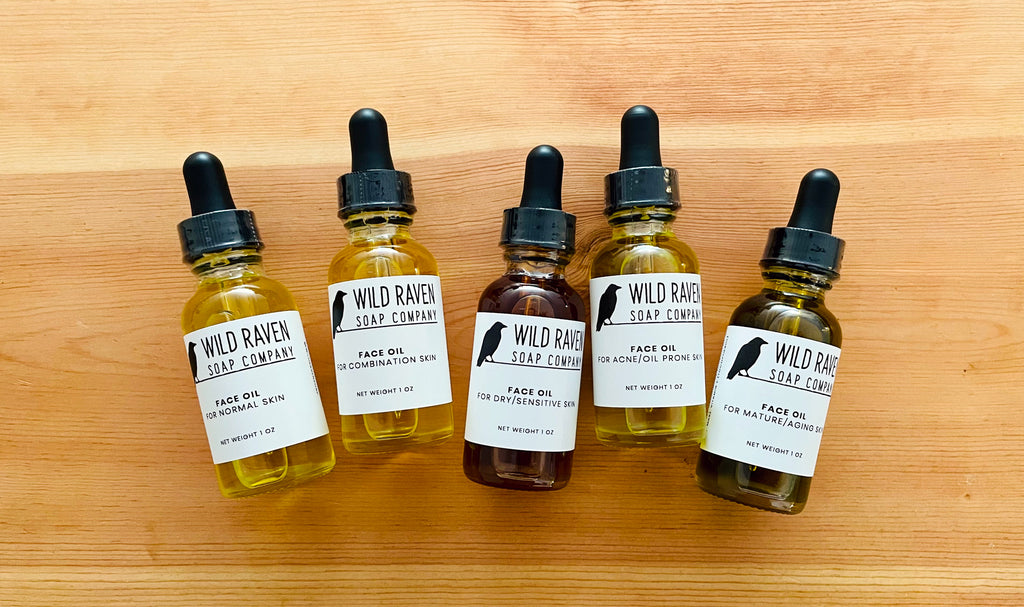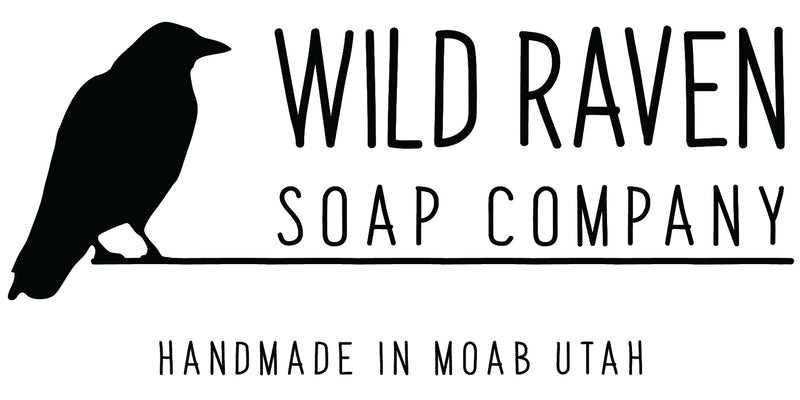Why You Should Add Face Oil to Your Skincare Routine

Introduction
When it comes to moisturizing your face, chances are, you rely on a cream, lotion, serum, or toner to help whip your skin into shape. While these skin care products are essential in their own right, there may be one product you’ve overlooked or decided against using: face oil.
Maybe you’ve stayed away because you have oily or acne-prone skin and the thought of adding more oil to your face seems counter-intuitive. Perhaps you think that your face is too sensitive and adding oil may only aggravate your eczema or other skin conditions. Or maybe you believe your skin is already properly nourished and doesn’t need the extra hydration.
Regardless of the reason, the fact is, face oils are not skin care products reserved solely for dry skin and practically anyone can use a them. In this post, we’ll look at what face oil is, its benefits, and how it can be used to bolster your current skincare routine. Keep reading to learn more!
What Is Face Oil?
Before we get into all the reasons why you should add a face oil to your arsenal, you need to know what they are. Fundamentally, face oils are designed to provide skin with moisture and to lock in hydration. Typically formulated with a mixture of non-comedogenic plant oils, they contain a high concentration of essential fatty acids, antioxidants, vitamins, and minerals to soften, sooth, nourish, repair, protect, and balance skin for a healthy-looking glow.
What Are the Benefits of Using a Face Oil?
Face Oil Provides a Concentrated Dose of Essential Fatty Acids
The most important aspect of face oils is that they contain omega-rich nutrients like omega-3’s and omega-6’s. The fatty acids linoleic (omega-6) and linolenic (omega-3) are called essential fatty acids because your body cannot produce them naturally. Essential fatty acids are the building blocks of healthy cell membranes. We know how important it is to get essential fatty acids from our diet, but there are also many benefits to applying them topically.
Lipids are found in skin's outermost layer (there are three layers to our skin) and play a crucial role in the skin’s barrier function. A lipid is technically a chemical molecule or compound that is not soluble in water, and there are various types, including fatty acids.
As we age, the renewal of lipids in the epidermis slows down, and UV rays, air pollution, and other factors can cause skin damage. Because face oils are composed of fatty acids (just like the lipids in the epidermis), they penetrate skin easily, passing through the lipid layer and helping prevent transdermal water loss, rebalance the skin, repair damage, and restore a healthy complexion.
Face Oils Can Help Fight Acne and Oil-Prone Skin
Contrary to popular belief, facial oils are often one of the best remedies for acne-prone skin.
When skin is stripped of its natural oil through over-washing or from using products that are too harsh or drying, it will respond by producing more oil to compensate. Acne and clogged pores can be exacerbated as the skin tries to produce more oil.
Oils such as Jojoba are very similar to your skin’s own natural sebum, and when applied topically to acne or oily skin they can address a potential lack of essential fatty acids to control excess oil production. Studies have also shown that many acne sufferers are low in linoleic acid, or omega 6, in their skin surface lipids, and oils such as Evening Primrose are very high in this.
As we mentioned earlier, face oils are non-greasy formulations with a mix of non-comedogenic oils that hydrate the skin without clogging pores. With the right amount of face oil, based on the right formula, they can lead the fight against acne and oily prone skin.
Face Oils Are Great for Moisturizing Dry Skin
The right face oil can be a lifesaver when it comes to rejuvenating dried-out skin. Whether you live in an arid climate (like the desert here in Moab), the winter air is zapping extra moisture from your skin, or you just regularly suffer from parched skin, consider adding a face oil into your routine.
A face oil used before your moisturizer may coax your skin into letting the ingredients absorb more deeply. Layering a face oil over a moisturizer helps in sealing all the hydrating ingredients and lock in the moisture. You can even mix a couple of drops in with your regular moisturizer for a extra hit of hydration periodically throughout the day or at night.
Face Oils Can Sooth Sensitive Skin and Repair Damage
Many face oils have natural anti-inflammatory properties and can soothe sensitive skin, reduce puffiness and red spots, and help treat skin conditions such as dermatitis, rosacea, eczema, and psoriasis. Additionally, being rich in essential fatty acids, face oils help to reinforce the skin barrier, while antioxidants protect the surface and combat future damage.
Face Oil Can Diminish the Signs of Aging
As we age, our skin tends to produce less sebum, and this causes the appearance of wrinkles and fine lines and leaves your skin looking dull and dry. Face oils can help stimulate collagen production, boost skin elasticity, and make it more resilient, thereby reducing the appearance of wrinkles and fine lines.
Face Oil is Great for People of All Ages and Skin Types
Face oil contains a range of vitamins and antioxidants that provide the skin with protection, have healing and calming benefits, and can act as an anti-aging powerhouse for people of all ages and skin types. They contain large amounts of vitamin A, D, E, K which are fat-soluble vitamins that can only be dissolved in oil. As a result face oil is the perfect means for fully nourishing any age and type of skin by penetrating through pores, to fully moisturize it.
How to Use Face Oil?
When is the best time to apply face oils? How much oil should you be using? What other products should you be using in combination with your oils? Here are some basic tips to help you get the most out of them.
Combine Face Oil With Toner, Serum, and Moisturizers or Use Alone as a Spot Treatment
Many dermatologists recommend that you combine your face oil with your other skincare products such as toner, serum, or creams and lotions. Using a face oil before you moisturize may coax your skin into letting the ingredients absorb more deeply. Layering a face oil after a toner or serum, or over moisturizer can help seal in all the hydrating ingredients and lock in the moisture.
You can even mix a couple of drops in with your regular moisturizer for a extra hit of hydration periodically throughout the day. Finally, some skincare experts recommend that people use oils to spot-treat dry areas - rather than applying all over the face when it’s not needed, as this will keep the oil from potentially aggravating any pre-existing skin conditions.
Use Face Oil Daily or Nightly Depending on Your Skin’s Needs
Most skincare experts agree that ideally face oils should be used before bed so that your skin can soak them up overnight and provide protection throughout the day. This is especially true for oils that can increase your skin’s sensitivity to light or thicker oils that might give your complexion an overly shiny appearance during the daytime. Others recommend using face oils both in the morning and at night as the last step of your nighttime skin care routine and before your sunscreen and makeup in the morning.
Only Use a Couple Drops of Face Oil and Dab or Pat Them Into Your Skin
Dermatologists are in consensus that because face oils contain such concentrated amounts of nutrients, a little bit goes a long way. Four to six drops of your choice of oil is enough to cover your whole face and deliver the benefits your skin needs. They also say you shouldn’t be rubbing the oils into your skin like you would a moisturizer. Instead, they say, you should dab or pat the oils, pushing them into your pores, rather than just sliding them around on the skin’s surface. This will help your skin absorb the oil and make use of its benefits more quickly.
Conclusion
As you can see from the post above, face oils have many incredible benefits and can fit easily into your skincare routine. They work to moisturize, lock in hydration, provide protection, and even treat skin conditions. Once you find your favorite, you’ll never go back to a skincare routine that lacks a face oil again.

Leave a comment